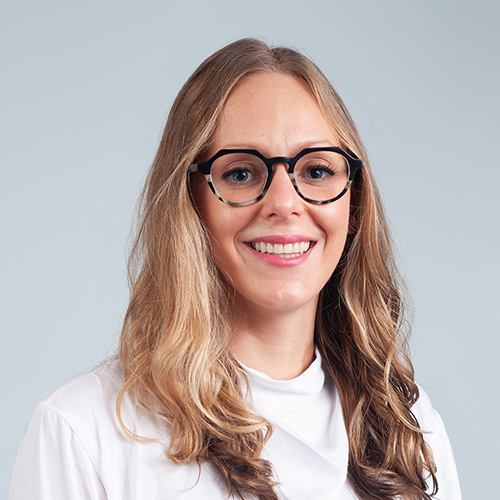"Changing Lives and Changing Outcomes-9" Intervention at Worcester Recovery Center and Hospital
People with serious mental illness (depression, bipolar, and schizophrenia spectrum disorders) have high rates of repeated criminal legal involvement and psychiatric hospitalizations. Longstanding research shows that in addition to treating clients’ symptoms of mental illness, targeting risk factors for legal involvement can help reduce their chances of future incarcerations. Because inpatient settings are housing more and more forensic patients, treatment programs that address both mental illness and risk factors for legal involvement may be especially helpful in a state hospital setting, like Worcester Recovery Center and Hospital (WRCH). This treatment study offers a 9-session intervention, Changing Lives and Changing Outcomes-9 (CLCO-9), for patients at WRCH; this program is designed to increase awareness of their mental health and reduce their chances of future legal involvement.
PROJECT STATUS

The IRB proposal for this project is currently under review.
AIMS
This proposed project with WRCH evaluates the implementation and effectiveness of a 9-session intervention for patients with serious mental illness who are involved in the legal system.
The proposed study has 3 aims:
1) Evaluate feasibility, fidelity, and patient satisfaction during the implementation of the CLCO-9 group treatment at WRCH,
2) Evaluate CLCO-9’s effectiveness on improving patient’s self-reported mental health, and behavioral indicators of mental health and risk factors for legal involvement, and
3) Explore changes in WRCH clinicians’ knowledge and attitudes about treating risk factors for criminal legal involvement.

METHODS
This treatment study is being conducted with collaborators at WRCH. All patient participants will participate in the 9-session cognitive behavioral therapy group intervention at WRCH. To track potential treatment change, patient participants will complete assessments before and after receiving in the treatment program, as well as satisfaction measures after each session. The research team will also conduct reviews of participants’ WRCH files after the participants complete the treatment program. WRCH clinicians leading the groups will complete self-report measures of their knowledge about and attitudes toward treating patients’ risk factors for legal involvement before training, immediately after training, and at the conclusion of all treatment groups.
We aim to have at least 20 participants complete treatment during the study.
COE PROJECT STAFF

Faith Scanlon, PhD
PRINCIPAL INVESTIGATOR

Corinne Cather, PhD
CO-INVESTIGATOR
Funding
Funding for this project was provided by the MGH COE.